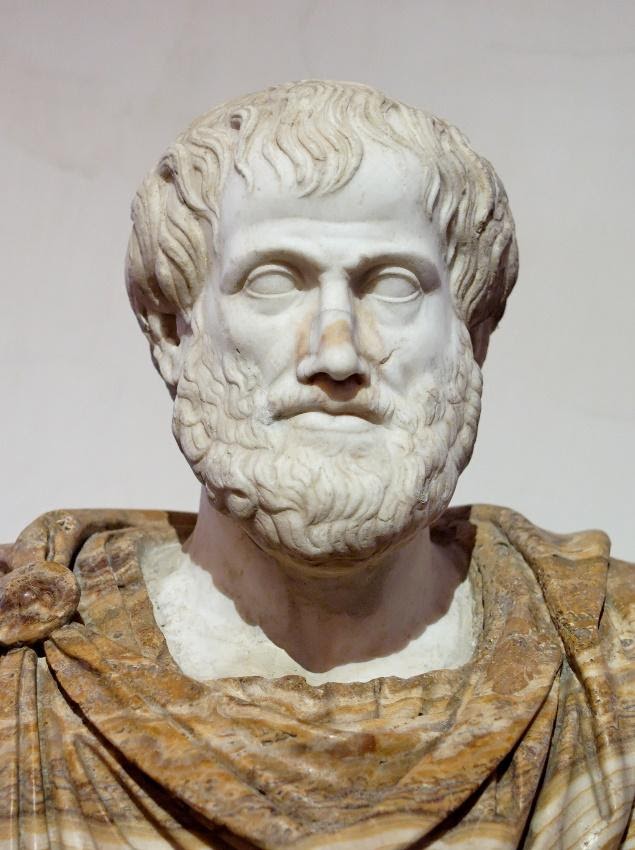
The term Sympatheia (συμπάθεια) comes from Ancient Greece, it means affinity of parts to the organic whole or mutual interdependence. Stoics believed that sympatheia is one of the most important qualities of rational beings.
“The universe made rational creatures for the sake of each other, with an eye toward mutual benefit based on true value and never for harm.” – Marcus Aurelius
Connecting with others is a natural way to preserve oneself. Altruism of the whole, as Copleston notes in his History of Philosophy: Greece and Rome, is dependent on individual minds which work together. The whole in this matter is not simply a sum of the parts.
Stoics have considered the whole as the new form of life. The Universe to a stoic is one organism. However, one is encouraged to be wise, which means one should take care of his own mind and wellbeing first. After that, the individual will be able to lend himself to others. In order to love and respect others, we must love and respect ourselves.
We are all here, intertwined with others and that is the part of our nature – to be social. As Aristotle would say:
Man is by nature a social animal; an individual who is unsocial naturally and not accidentally is either beneath our notice or more than human. Society is something that precedes the individual. Anyone who either cannot lead the common life or is so self-sufficient as not to need to, and therefore does not partake of society, is either a beast or a god.
– Aristotle
Aristotle’s quote hits right through the center of Stoic attitude towards the relationship of the individual to society. Marcus Aurelius has almost the same conclusion
Individually every one of us leads a unique life. We have different opinions, worldviews, hope, dreams, fears, etc. But we can also decide to share similar points of view with everyone. Through all of our differences, we can choose to be united.

Our minds are linked, and through this link thoughts and emotions flow. Emotions are contagious and thoughts have the same form. We understand one another on many different levels. And this is why, to Marcus Aurelius, an individual and society can be compared with bee and a hive.
“That which is not good for the bee-hive cannot be good for the bees.” – Marcus Aurelius
The stoic notion of sympatheia is closely connected with the cosmopolitan attitude. Stoic philosophers from Zeno to Marcus Aurelius were cosmopolitan.
Being cosmopolitan is a practical result of sympatheia. Stoics considered themselves not as a part of country, race, religion, but as the citizens of the world (Universe).
In the stoic view, it doesn’t matter if you’re black or white, or if you’re practicing a different religion. What gender you prefer is also not relevant, because those differences are insignificant in the eyes of nature.
As long as you regard others with love and respect, you are contributing to the wellbeing of the whole, and that is the fundamental characteristic of sympatheia – To live with others as the harmonious social being you are, which means to live in accordance with nature.










